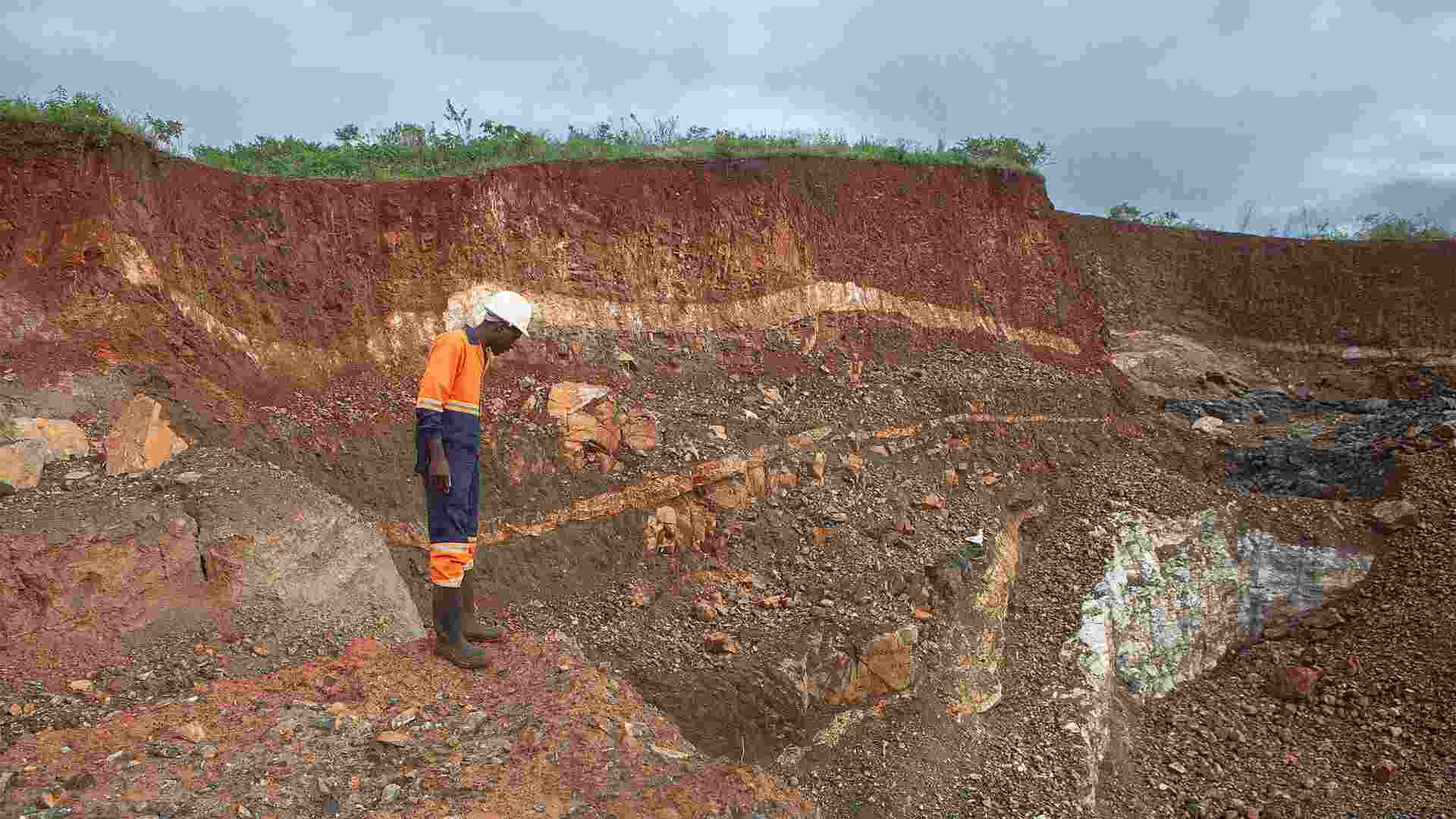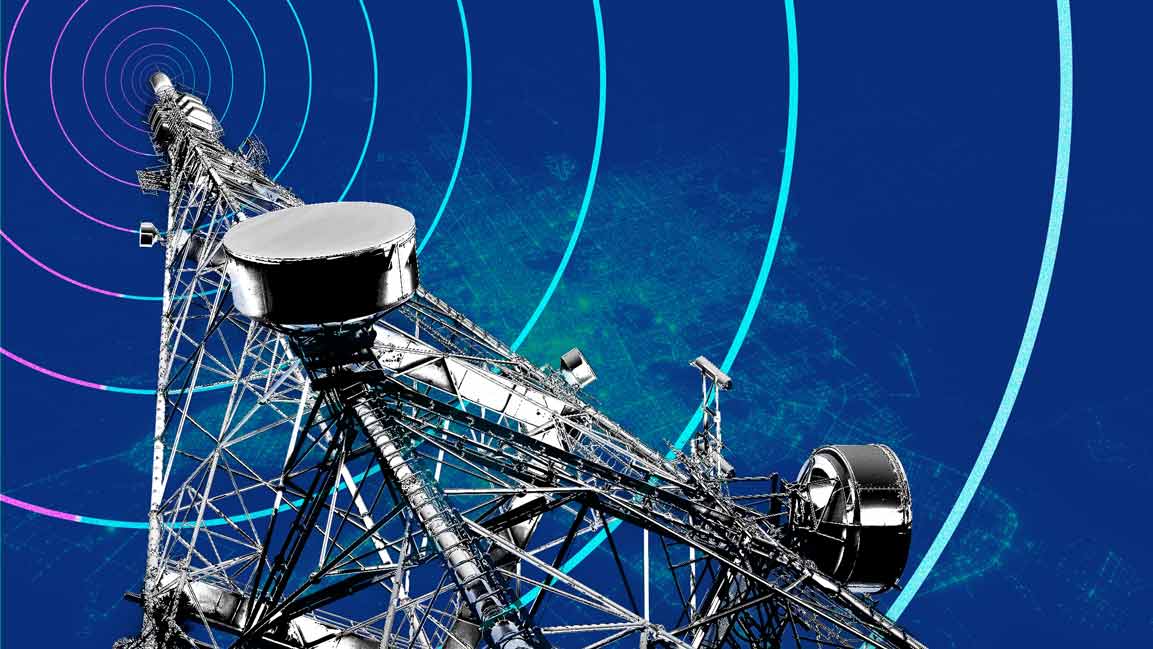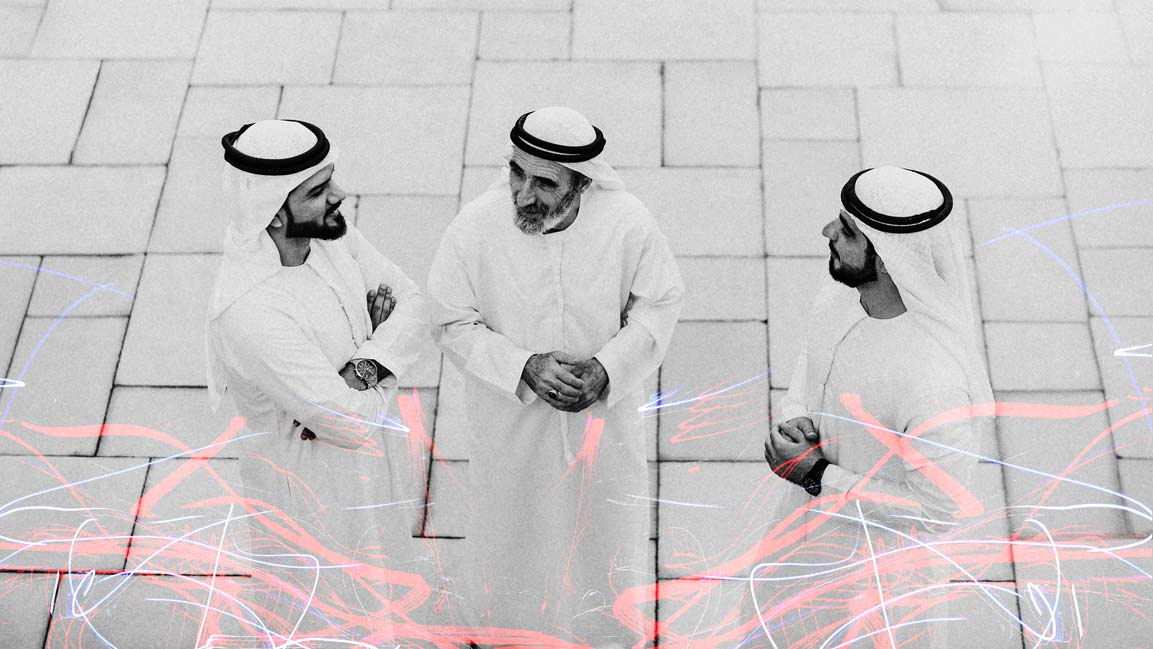- | 9:00 am
Can businesses in the Middle East harness the power of big data while protecting our privacy?
Ever felt someone has been listening to you through smartphones or tracking your social media activity? You aren’t alone.

While scrolling aimlessly through Facebook and Instagram, you notice ads or suggested pages linked to something you mentioned in texts or on calls. This makes you feel like someone’s watching and listening to you through your phone.
This isn’t wrong since almost every app and communication tool continuously collects user data.
Places you visit, products you’re interested in, or what you ordered for dinner are all uploaded online. This information hints at what a consumer might be interested in next. But this also raises questions about how much the biggest firms in the world really know about users.
What sounds like a harmless marketing technique also exposes personal data to misuse and data theft. Consumers are also concerned if they have a say in how much information online platforms can access.
The migration from WhatsApp to other messengers over its decision to share data with Facebook highlights the importance of privacy. Facebook user data leaked and misused by Cambridge Analytica had caused panic all over the world not too long ago.
KPMG study revealed that nearly half of all users fear that phones and smart assistants secretly record their data. A similar number also feel that their personal information is being sold online. Reports suggest that 92% of UAE-based businesses aren’t strict about data protection, which adds to the mistrust among people.
Firms must assure users about the safety of their data, which provides essential insights into consumer behavior. Without ads based on a user’s online activity, marketing campaigns lack direction. WhatsApp’s unilateral decision to share data-pushed users towards alternatives such as Telegram and Signal. This made it evident that people aren’t afraid to make the switch, as long as privacy is a top concern.
Governments in the Middle East also need citizen data to provide healthcare, security, and public services. The UAE’s success against the pandemic largely relied on real-time information on infected patients.
Saudi Arabia collects biometrics via smartphones to ensure contactless services for pilgrims. This also implies that strengthening cybersecurity is non-negotiable to gain people’s confidence.
Diving into details of data’s role in a connected world is crucial to understanding why big tech and authorities must step up to protect it.
KNOW YOUR TARGET AUDIENCE TO GRAB THEIR ATTENTION
An overwhelming majority of businesses in the UAE use data from third-party trackers to meet sales targets. A similar number of firms collect data to monitor the ad campaigns’ impact and craft social media strategies. Marketing relevant products to consumers save time and effort instead of driving them away with a barrage of ads. Big data analytics reduce costs by 10% and drive up revenues by 8%.
Inputs processed via machine learning help e-tailers predict demand and personalize products for a better consumer experience.
Someone working in the corporate world would surely prefer ads promoting formal attire rather than casuals. Millennials are more likely to click on posts promoting gaming consoles or fast fashion.
E-commerce platforms in the Gulf are also analyzing online consumer behavior. This has helped the region to become the world’s fastest-growing eCommerce market. Data analytics allows sellers to predict goods that are more likely to be returned. More than 80% of brands in the Middle East have improved their connection with customers through insights generated from big data.
The Middle East’s big data industry is expected to be worth almost $30 billion (AED 110 billion) by 2025. Finding new resources to generate hydrocarbons in a sustainable manner will drive demand for data analytics in the region.
A major telecom in the Middle East combines information about networks and customers to improve connectivity. The region’s banking sector is also an emerging market for data since banks can send offers to clients based on past purchases.
INFORMED DECISIONS YIELD LIFE-SAVING RESULTS
Based on existing data, predicting the rise of Covid-19 cases helped the UAE and neighboring countries contain the pandemic. Digitally stored medical records assist hospitals in providing personalized care to each patient. Online verification is helping travelers board Emirates flights from Dubai without carrying PCR tests.
An Israeli startup Quris is processing patient data via AI to determine the safety and effectiveness of a particular drug. Patient cells are added to organ chips to create patient-on-a-chip for testing drugs. Responses of these miniature organs train the algorithm to determine the impact of the medication.
Israel also monetized its healthcare data to accelerate vaccination against Covid-19. The country signed a pact with Pfizer to procure vials in return for public health information. Pfizer used this data to see what percentage of the population must be vaccinated to achieve herd immunity. Another Israeli firm CytoReason was also seen integrating Pfizer’s data into cell models to test the effectiveness of new medicines.
Dubai’s American Hospital has launched a facility that leverages big data analytics for clinical research and improves medical operations.
A health-tech startup in the UAE feeds AI with data on thousands of cases to enhance breast cancer detection. Machine learning analyses X-ray scans of 29000 women for Prognica labs. The algorithm outperformed six radiologists to detect cancer early on.
PLAYING TO THE GALLERY WITH DATA ANALYTICS FOR ENTERTAINMENT
Popular streaming services Netflix and Starzplay feature relevant movies and series for your weekend binge because they have data on topics you enjoy watching. Analyzing search history and what genre you’re in the mood gives an edge for entertainers.
Saudi Arabia has initiated a system that will collect and analyze TV viewing data from 2000 households. The media rating company will scan satellite TV and OTT platforms like Netflix, YouTube, and Apple TV.
The process will generate insights for advertisers and help them decide which platform to spend on. Radio and print media will also be monitored for data analysis by 2025.
Israeli firm Panorama is also capable of working with any platform to collect data about the viewing preferences of audiences to help OTT apps perform better.
REGULATION TO ADDRESS TRUST ISSUES
Thanks to facial recognition and biometrics, the ability to walk through immigration enhances convenience. But the feeling of being tracked by AI drones or smart cameras in the streets makes people nervous.
The limitation of surveillance is that not everyone is comfortable being watched all the time. These data policies in the Middle East allow people to draw the line on how much information they want to reveal.
UAE’s federal data protection law requires firms to collect data only for a specific purpose and delete it once the task is completed. Users can question companies over privacy concerns, and file complaints if their requests aren’t addressed.
Saudi Arabia’s latest regulations restrict the cross-border flow of data and call for consent from users before their data is collected. It also requires overseas firms to use data of Saudi residents to appoint local representatives.
Saudi Arabia Arabia’s NEOM is envisioned as a cluster of cities driven by 5G and smart infrastructure. The AI behind these cities will rely heavily on piles of data. The kingdom may strengthen privacy protection, but data harnessing plans for NEOM sound dystopian.
Smart cities within NEOM will collect data from smartphones, heart-rate monitors, facial recognition, and bank details. People checking into hotels will do so via fingerprint reading doorknobs, and the data will be recorded. Residents will have the option to decide how much personal data they want to provide, but it hardly alleviates privacy concerns.
Data analytics is here to stay and is essential for firms to generate revenue and governments to provide services.
Transparency and accountability of social networks and businesses will ensure protection for people. Establishing trust among the masses is also bound to generate more traffic for e-commerce and other service providers.






































